Week 11/2024 – Central Vietnam Real Estate News Summary
Week 11/2024 – Central Vietnam Real Estate News Summary In this weekly or sometimes bi-weekly news flash – CVR: Central
Read moreIn this weekly or sometimes bi-weekly news flash – CVR: Central Vietnam Realty will provide a choice of articles from mainly Vietnamese media sources related to the real estate market in Vietnam. We believe that local knowledge is the key to making the best possible decision and that’s what we offer to all our clients. “CVR: Western Management – Local Knowledge”Week 11/2024 – Central Vietnam Real Estate News Summary
We will be focusing on issues related to Da Nang and Hoi An, while also looking at national news and their possible impact on Central Vietnam’s property market.
You will find a summary, a link to the source as well as CVR’s take on the article.
The report on the trends in the vacation real estate market in 2024:
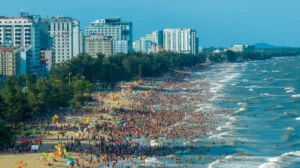
Luxury travel trend (A La Carte Affluencers): Customers are willing to purchase day passes to access the amenities of a 5-star hotel instead of staying overnight. This indicates that segments beyond the luxury segment also have growth potential if their specific needs are effectively addressed.
Key considerations: Businesses and investors need to strive to provide new experiences and products that cater to customers' practical needs. Selecting new and promising destinations for investment and development is also considered crucial for sustainable growth in vacation real estate projects.
Adaptation to change: In the recovery phase of the vacation resort market, businesses need to quickly adapt to changes in consumer behavior. Vietnam needs to develop diverse products and meet the needs of various customer segments to enhance competitiveness in the international market and retain potential domestic customers.
To achieve recovery and growth in the vacation real estate market, it is necessary to change and adapt to meet customers' practical needs. Personalized experiences, sustainability, and investment in new promising destinations are considered important factors in this process.
Source: cafef.vn

In addition to the general regulations of the State Bank, each bank will have a different limit. The bank will appraise the value of the real estate that the borrower registers as a mortgage. The red book mortgage loan limit can be up to 70 - 100% of the value of the collateral.
Application for a red book mortgage loan according to the specific bank's form.
Valid ID card/citizen identification card/passport.
Permanent residence/temporary residence book/KT3.
Documents proving marital status.
Current financial documents: Labor contract, payroll statement, income proof documents...
Other documents as required by banks
Source:m.batdongsan.com.vn
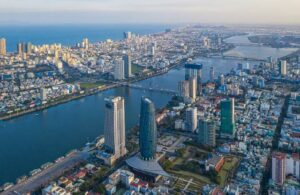
SPE.R's report also points out that, in 2024, land has limited new supply, secondary products are still the mainstay. Meanwhile, apartments and condominiums have a relatively abundant new supply, primary selling prices tend to increase, and secondary market selling prices are stable.
Source:baomoi.com
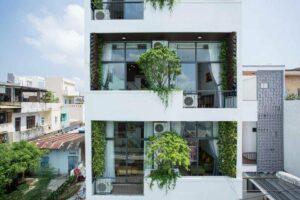
Mini-apartments must meet fire safety standards outlined in the law, including separate fire exits, stairwell designs, and fire-resistant walls. This aims to address lax management and irregularities in the booming mini-apartment sector, prevalent in major cities like Hanoi and Ho Chi Minh City.
While exact national figures are unavailable, Hanoi reportedly has around 2,000 mini-apartments, with Ho Chi Minh City hosting approximately 42,000, accommodating a significant portion of urban residents.
Source:cafeland.vn
The data from the Ministry of Planning and Investment reveals that as of February 20, 2024, foreign investors have injected over $4.29 billion into 16 out of the 21 key economic sectors in Vietnam, marking a significant 38.6% increase compared to the same period in 2023.
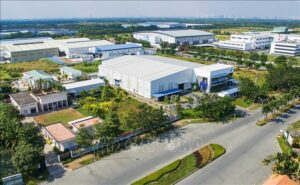
The industrial real estate sector stands as a beacon of growth, evident in the substantial increase in rental revenue projected by major players such as Kinh Bac Urban Development Corporation (KBC), Vietnam Industrial Investment and Development Corporation (BCM), and Saigon VRG Investment Corporation (SIP). These companies are strategically expanding land portfolios and launching new projects to meet investor demands, contributing significantly to the positive trajectory of Vietnam's real estate industry amidst global economic recovery and evolving trade agreements.
Source: reatimes.vn
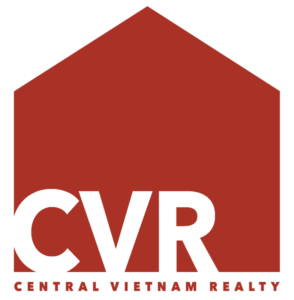
Week 11/2024 – Central Vietnam Real Estate News Summary In this weekly or sometimes bi-weekly news flash – CVR: Central
Read moreEach week we post a news flash with notable articles related to the real estate market in Vietnam. We asked
Read more2 Bedroom Apartment For Sale In FPT Plaza 1 Da Nang The 2 bedroom apartment has a total utilization area
Read more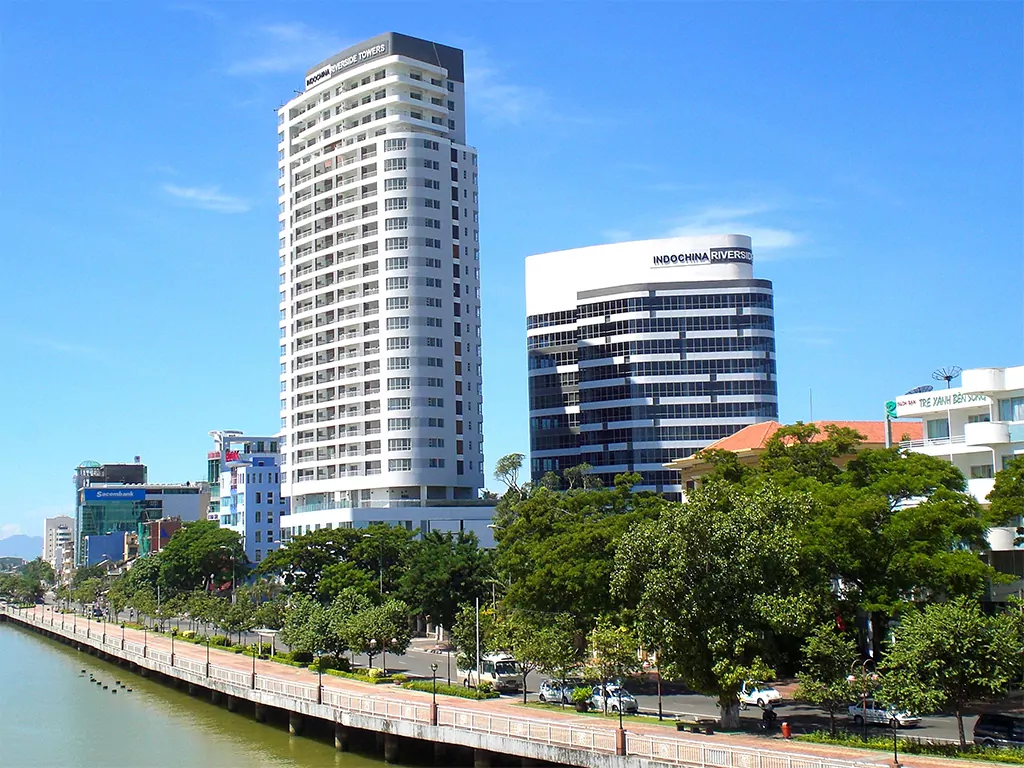
Resale and rental
Week 8/2024 – Central Vietnam Real Estate News Summary In this weekly or sometimes bi-weekly news flash – CVR: Central
Read moreDownload Full Report in PDF DANANG REAL ESTATE MARKET REPORT BY CVR Topics covered: 1. Vietnam’s Macro
Read more1+ 1 Bedroom Apartment For Sale In Altara Da Nang Experience modern living with the stunning Altara Da Nang
Read moreEach week we post a news flash with notable articles related to the real estate market in Vietnam. We asked
Read more
Resale
Week 2/2024 – Central Vietnam Real Estate News Summary In this weekly or sometimes bi-weekly news flash – CVR: Central
Read more